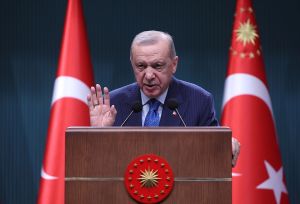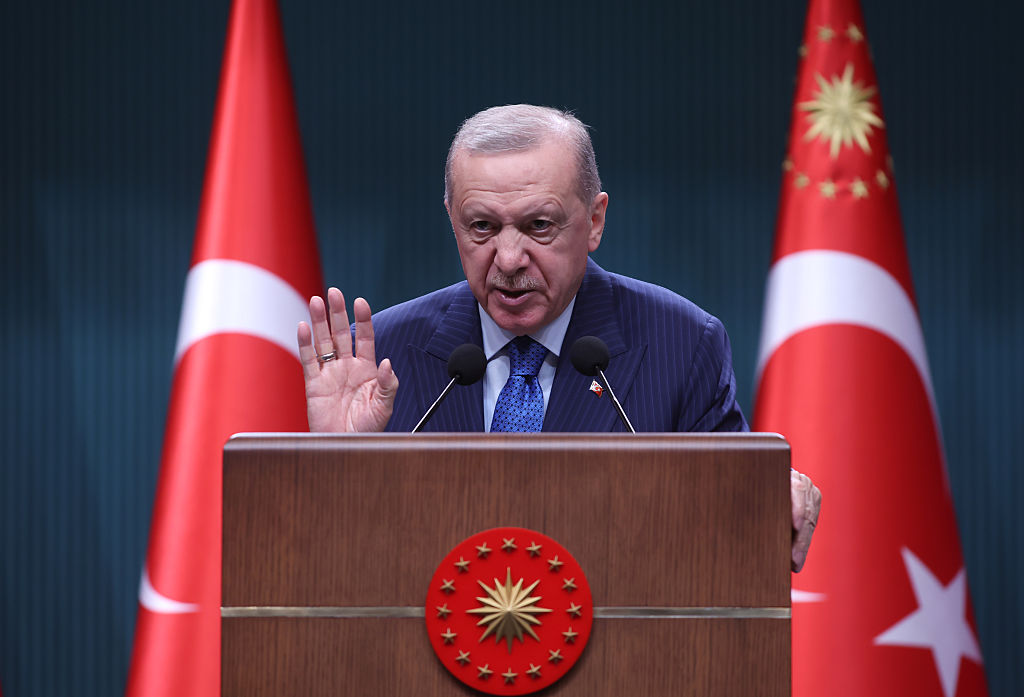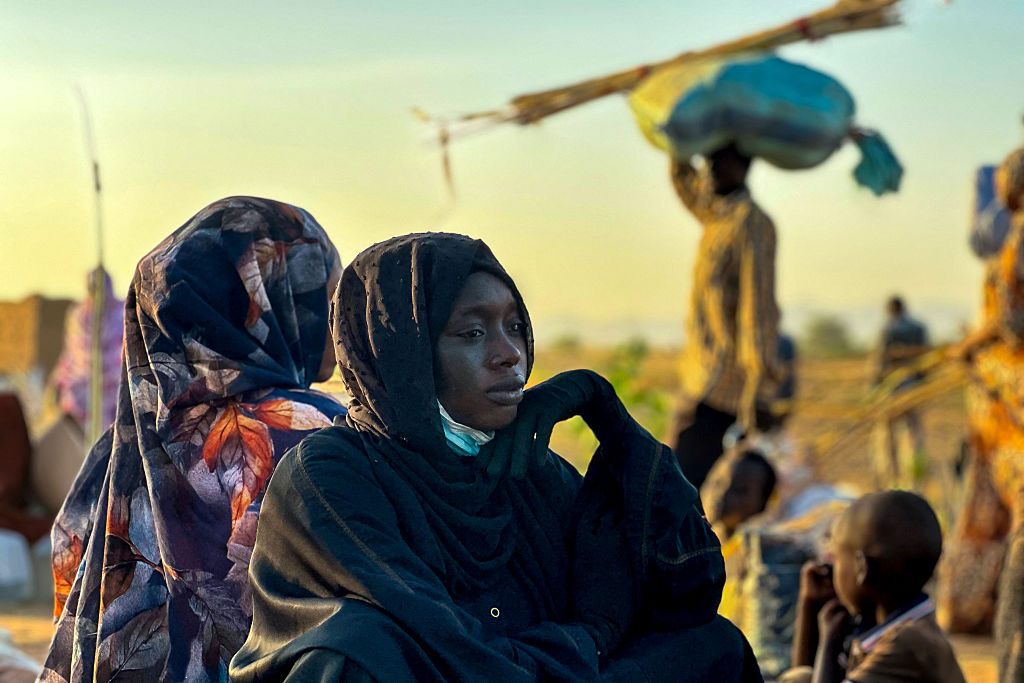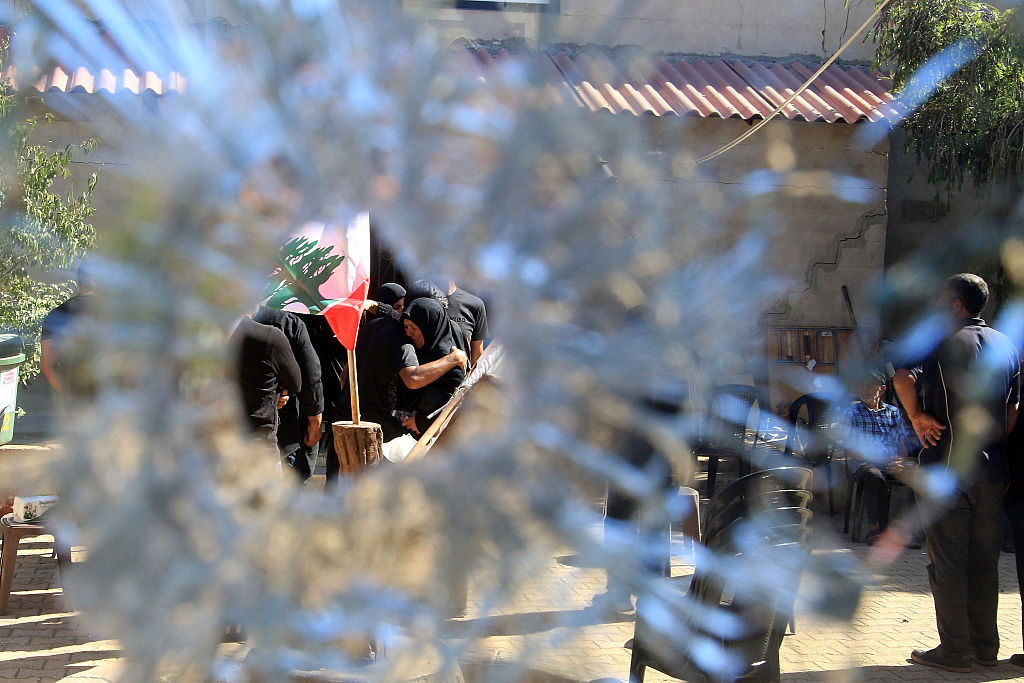Sarah Byrne is covering her first war and, after a slow start, things are finally picking up. Sweating in her flak jacket and undersized helmet, the twentysomething British freelancer is aiming for a scoop. One of her contacts might be persuaded to arrange a visit to “terror tunnels,” the headquarters of a Palestinian network whose activities Israel cites as justification for bombing Gaza City. Fed up with “monkey journalism,” Sarah wants to move on from recycling press releases to proper reporting. At the same time, she keeps asking herself what she is doing here. Do these people dragging bodies from under the rubble of their houses need yet another “misery merchant” pestering them with trite questions?
Phoebe Greenwood’s debut novel is both a commentary on the ethics of war reporting and a satirical portrayal of the news industry. Drawing on the 2012 Gaza War, which Greenwood covered as a stringer, the main plot echoes the latest devastating news. Instructions from Sarah’s editors in London, who are “not in the business of giving a platform to Hamas terrorists,” could also have been issued today.
If you choose human suffering as your stock-in-trade there will be a price to pay
To intercut horror with humor is a tough brief (Evelyn Waugh would have put it better), but Greenwood manages it without trivializing her subject. As foreign correspondents turn into vultures feeding on tragedy, they look increasingly comical. The hacks spend most of their time in a restaurant, bossing waiters around and watching the news on TV. One of them, stuck for words, asks her fixer: “Death abounded. People say that, right?” The local man is expected to fix everything, including the journalist’s English.
Seeing the bodies of children killed by bombs, Sarah is barely able to hold it together, the disasters she witnesses adding to her personal traumas. She is mourning the recent loss of her father while also pining after a serial seducer twice her age. The chapters revisiting the affair that broke her heart have a Bridget Jones vibe, but it evaporates once the narrative returns to Gaza, where Sarah, watching the conflict unfold, begins to put her life into perspective.
Her pursuit of an exclusive triggers a chain of events that will haunt her for the rest of her life. If you choose human suffering as your stock-in-trade, Sarah realizes, there will be a price to pay. Can it ever be justified? If anything gives you the right to stand amid a massacre with a notebook, she concludes, it’s an urge to understand what is happening – after all, “understanding… is the key to sympathizing” – and tell the world about it. Without this compulsion journalism would be reduced to a mass-manufacturing of consumer products with no hope of becoming a quest for truth.

























